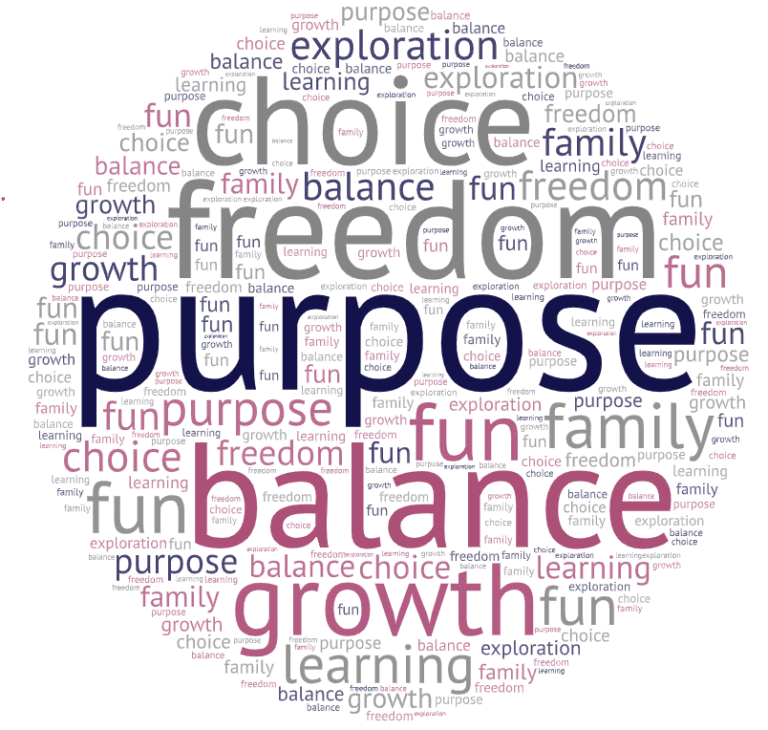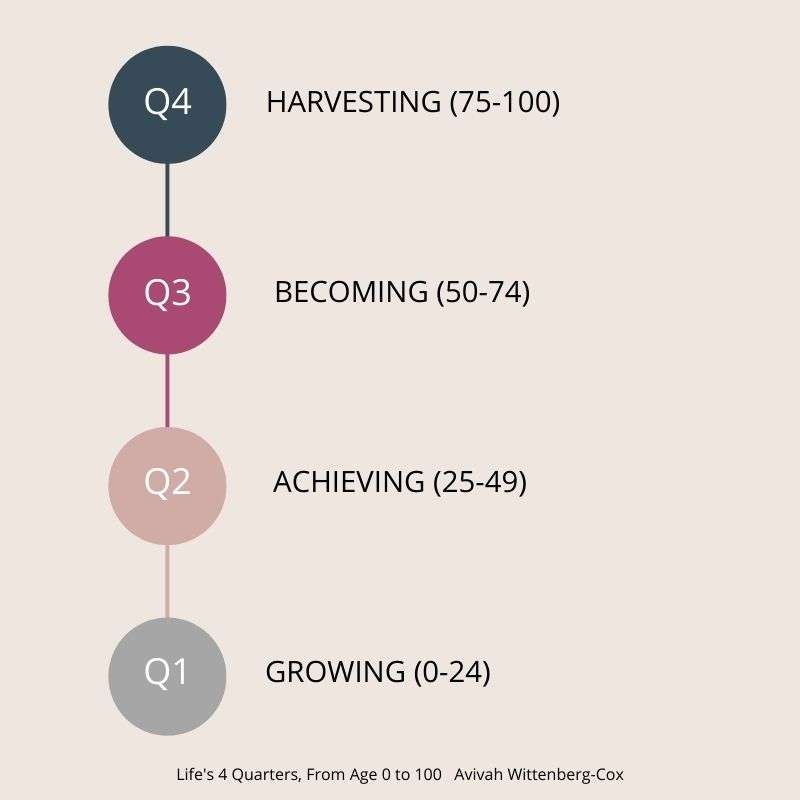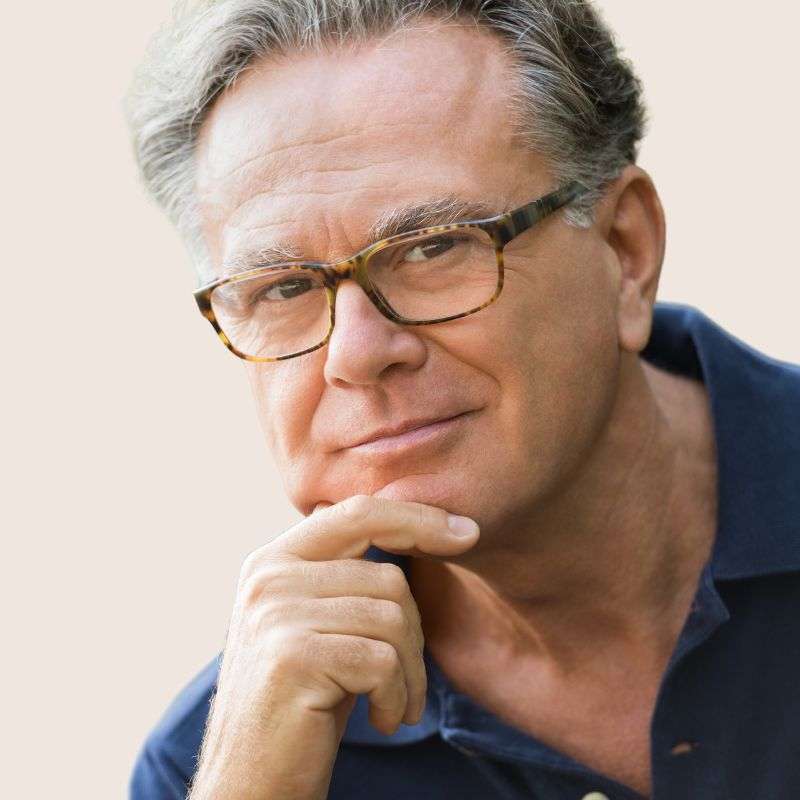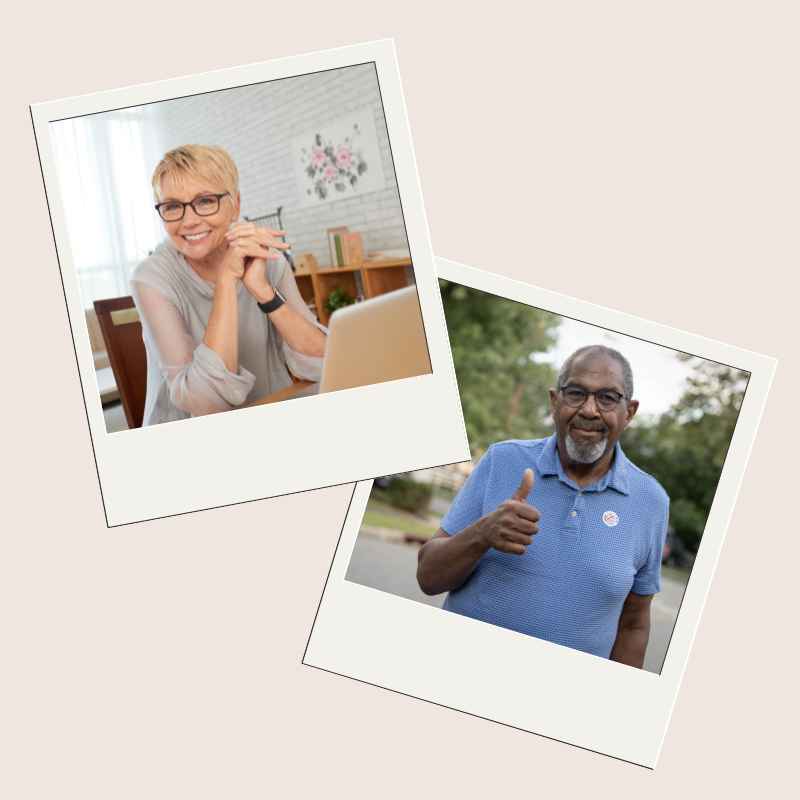The Vital Space Between What Was and What’s Next
The Vital Space Between What Was and What’s Next

The finances are in place. The farewell speeches have been made and your colleagues have waved you off with hugs and promises to stay in touch. You’ve read the books, listened to the podcasts, dotted the i’s, crossed the t’s, and done everything you can to ensure you’re ‘retirement ready’.
Then why, after doing everything ‘right’, does it still feel like something’s missing – like you’re ready on paper, but not quite in your heart?
Welcome to the disorienting twilight zone of retirement – the strange in-between place where you’re no longer who you were, and not yet who you’re becoming. A place where uncomfortable questions come thick and fast, but the answers are nowhere to be found… and where “What do you do now?” suddenly becomes the most loaded question in the English language!
If you’re feeling untethered, confused, or even a little panicked, fear not, these uncomfortable feelings are simply a sign that you’re in a natural and necessary part of a life transition.
Let’s be honest, none of us is great at hanging out in the unknown. Most of us want a plan, a sense of direction, something solid to grab onto. So when something like your working life comes to an end, the urge is to leap straight into ‘what’s next’ as soon as possible to ease that sense of disorientation.
But this in-between time serves a vital function.

Letting go of the past and stepping into the unknown is never without its challenges. But that tension – between what’s ending and what hasn’t yet begun – is a vital part of the process of change.
And it’s exactly where you’re meant to be.
Yes, it feels uncomfortable because your old certainties are gone, and the new ones haven’t yet formed. But it’s in this space that the necessary readjustments happen. When you stop resisting the discomfort and allow yourself to sit with it, clarity gradually starts to emerge. Bit by bit, new perspectives surface, ideas take shape, and opportunities you couldn’t see before begin to appear.
When it feels like nothing is happening... something is!
This part of the process has been called many things including the powerful pause and the fertile void, both of which encapsulate what’s going on here.
It’s a vital space where the seeds of what’s next can gently take root, long before they break the surface.
Yes, this in-between time can certainly feel unsettling, but it’s not empty or wasted. It’s one of the most important parts of any transition.
Whether you’re stepping into retirement, facing an unexpected life change, or standing at any major crossroads, everything around us screams, “Don’t just stand there, DO something!” We’re conditioned to believe that movement equals progress, and action dissolves anxiety, and if we just keep pushing forward, clarity will magically appear around the next corner.
But what if this assumption is flawed? What if taking a pause isn’t a frustrating delay on our journey but an essential part of the journey itself?
The space between who you were and who you’re becoming
Taking a powerful pause at the start of your retirement isn’t about doing nothing – it’s about honouring the space between what was and what’s calling you forward.
This is deep, intentional work. The kind that requires patience, introspection and presence.
A little supportive structure can help with this. Think of it as scaffolding around a building undergoing renovation, supporting the process and creating safety while the transformation unfolds.
This might look something like:
Creating gentle rhythms to anchor your days without constraining them – perhaps 20 minutes of morning stillness with your journal and coffee, or a weekly walk that becomes sacred thinking time.
Building a flexible structure into your week – Monday morning nature walks, Wednesday coffee dates that nourish connection, Friday afternoons devoted to whatever creative urge surfaces.
Seeking supportive exploration – a short course that sparks curiosity, a retreat that offers space for reflection, or coaching conversations that help you notice what’s stirring beneath the surface.

But how long should I stay in the pause?

This is one of the most common questions I hear… usually wrapped in worry: Am I taking too long? Shouldn’t I be doing more by now?
Here’s the truth that might frustrate you: it depends entirely on you.
Some people emerge from their fertile void after a few weeks, others after several months. I’ve worked with clients who needed a full year to shed their old professional skin and discover what was waiting to emerge. There’s no universal timeline for transformation – only your inner rhythm.
The magic happens when you stop watching the clock and start tuning into yourself. Ask these questions regularly: Do I still feel foggy and restless? Or is something inside me beginning to settle and clarify? Am I still grieving what I’ve lost, or am I starting to get curious about what’s possible?
Here’s what helps: Set a gentle review point rather than a rigid deadline. Tell yourself, “I’m giving myself permission to pause until the end of autumn, and then I’ll check in with how I’m feeling.” This transforms waiting into an intentional part of the process.
Because after years of guiding people through transitions, I’ve witnessed how clarity can’t be forced. The pause is never wasted time; it is an investment in whatever comes next.
The pause is where clarity finds you
Many people try to skip this stage, but sooner or later, it has a way of catching up.
If you’re standing at the threshold of retirement – or moving through any major life change – give yourself permission to ’embrace the pause’. Take a walk without a destination. Gaze out the window without guilt. Say no without explanation. Rest without justification.
You’re not wasting time – you’re learning to respond from your centre rather than react from your anxiety. And it’s in that shift that new perspectives, grounded choices, and fresh beginnings quietly start to take shape.
Ready to make the most of your pause?
Feeling stuck between what was and what’s next? That’s the perfect moment for a Powerful Pause session.
In a one-off coaching session, we’ll explore where you are, what this moment is asking of you, and how to create just enough structure to move through this transition with intention.
No rushing. No pressure. Just focus, support, and space to see what’s possible.

The Vital Space Between What Was and What’s Next Read More »








